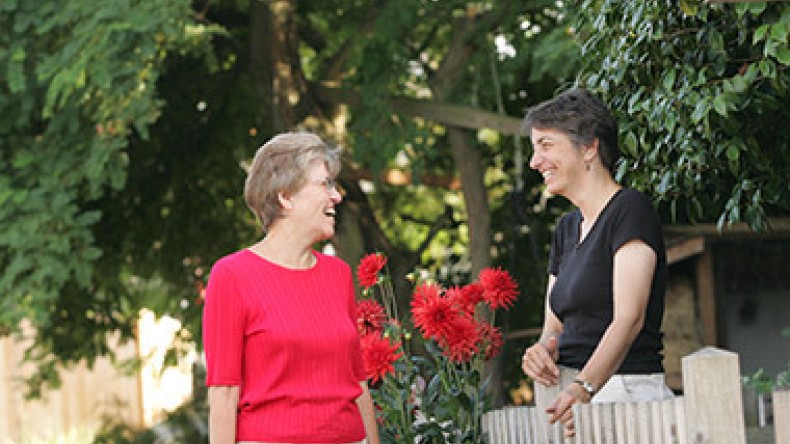
You might want to stop avoiding your neighbors
By Amanda L. Chan
The Huffington Post
When my roommate and I moved into our current apartment, we made it our mission to invite all of our floormates to our housewarming party. In previous apartments, we'd never really taken the time to get to know our neighbors and we thought this would be a good way to correct that. After all, proximity is one of the major contributors to facilitating friendships.
We knocked on doors. Waited. Knocked again. Nothing! Three years later, I still don't know my neighbors -- at all.
Sad as my story is, it's probably familiar to a lot of people across the country. According to a 2010 Pew Research Center study, only 43 percent of people said that they “know most or all of their neighbors.” Meanwhile, 29 percent said they know just “some” of their neighbors by name. And 28 percent said they know “none.”
Yikes.
It may be time we start making an effort to get to know our neighbors and not just for gentility's sake. According to a new study in the Journal of Epidemiology & Community Health, people who felt connected with their neighbors -- termed "perceived neighborhood social cohesion" -- were less likely to experience a heart attack over a four-year monitoring period.
The study included 5,000 adults over the age of 50 (average age of 70), who were part of the Health and Retirement Study and who were asked questions about their neighborhood, how much they trusted people in their neighborhood, and whether they thought their neighbors were friendly. Health and social factors were also taken into account (such as high blood pressure, marital status, mental health and lifestyle).
University of Michigan researchers found specifically that on a seven-point scale, each increase in perceived neighborhood social cohesion was associated with a 17 percent lower risk of experiencing a heart attack over the study period.
It's important to note that the study was observational, meaning cause and effect cannot be determined from the findings. In addition, some other factors -- such as family history of heart disease -- were not collected, which could potentially alter the results. But still, if there's a potential benefit from getting to know your neighbors and feeling connected to them, why wouldn't you reap it?
Maybe I'll try knocking on my neighbors' doors again.
Newsfeed
Videos






























